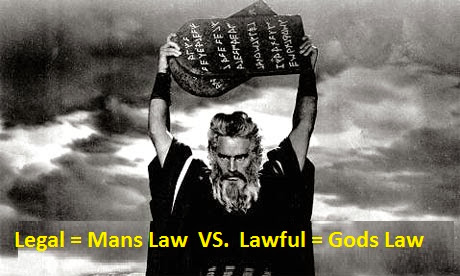Kidnapping Charges
 There are many charges that may be levied against an individual that are extremely contentious in terms of defining the charges. In particular, kidnapping charges can be brought against a person if they are holding a child purportedly without their consent. In cases where a child may be going between two custodial parents, there may be some complications, causing charges related to kidnapping to be filed due to the lack of reporting or communication. As a charge, kidnapping is extremely serious.
There are many charges that may be levied against an individual that are extremely contentious in terms of defining the charges. In particular, kidnapping charges can be brought against a person if they are holding a child purportedly without their consent. In cases where a child may be going between two custodial parents, there may be some complications, causing charges related to kidnapping to be filed due to the lack of reporting or communication. As a charge, kidnapping is extremely serious.
Kidnapping can occasionally be confused with other terms due to the widespread use of the word. Ultimately, there are several distinctions that can play a role in determining what exactly a kidnapping is. If a child is taken with the expectation of a ransom, the charge may appropriately be named kidnapping. However, if a child is taken, perhaps by a parent, without the expectation of returning the child, the term abduction may be used. Both carry serious penalties and use similar agencies and resources to find suspects.
In addition to these concerns, a charge of kidnapping is not filed if the child consents to the change in custody. However, this does not mean that custody violations are legal. Instead, the charges are reduced, but may have other penalties that affect those involved. This may include child custody violations that reduce visitation rights or increase alimony payments.
The punishments for kidnapping charges tend to lean towards the more extreme penalties available under the criminal justice system. Kidnapping regularly yields prison terms, which may increase due to the severity of the crime. Additionally, multiple or repeat offenses can add to the overall penalties assigned to those charged with kidnapping.
For more information concerning the rights of those charged with this crime and how a strong criminal defense strategy can help, contact a criminal defense attorney.






